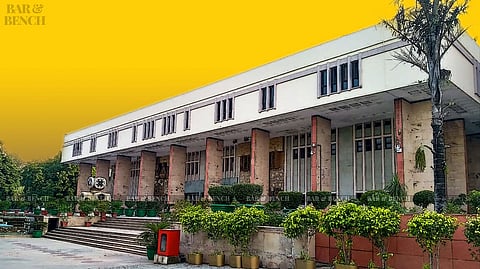
- News
- Columns
- Interviews
- Law Firms
- Apprentice Lawyer
- Legal Jobs
- हिंदी
- ಕನ್ನಡ

In order to evaluate the financial eligibility of a bidder in a tender award process, should the net worth of a bidder's sister concern be factored to estimate the net worth of the bidder if the takeover of the sister concern is not complete?